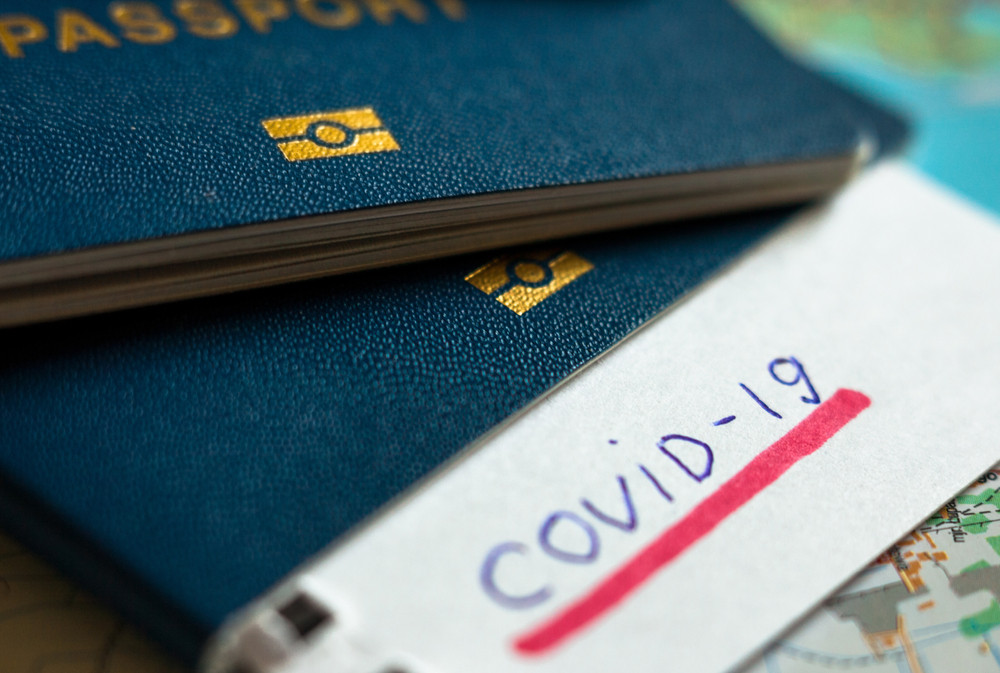Popular Reads
Top Results
Can't find what you're looking for?
View all search resultsPopular Reads
Top Results
Can't find what you're looking for?
View all search resultsPowerful passports lose their strength in post-pandemic era
The COVID-19 pandemic has resulted in the loss of passport privileges for some countries due to rising travel bans and restrictions worldwide.
Change text size
Gift Premium Articles
to Anyone
W
ith coronavirus restrictions gradually easing worldwide, there have been increasing demands and questions about how travel will look like in the “new normal”.
Only last week, the European Union released a list of countries that would be allowed entry into the bloc based on health and safety measures. They include Australia, Japan, Canada and South Korea, which are also countries that traditionally rank highly on the Henley Passport Index, a ranking of all the world’s passports according to the number of destinations one can access without a visa.
Read also: I used my powerless Indonesian passport to apply for UK visa. This is what happened.
However, countries that traditionally rank highly on the list, such as the United States, Brazil and Russia were excluded from the EU’s list.
This has resulted in a change in the latest Henley Passport ranking, in which passports such as the US and Russia have experienced a decrease in value.
The US passport, which traditionally ranks in the top 10, now has roughly the same level of travel freedom as citizens of Uruguay and Mexico (which are ranked at 28th and 25th, respectively).
Furthermore, Russian citizens have seen their passport strength reduced to one of the weakest in the region, while the Brazilian passport has decreased in strength by going from 19th to 36th rank position.
The latest travel restriction imposed by the EU indicates there can only be more upheaval to come, according to Henley and Partners chairman Christian H. Kaelin.
“Look at the US passport, for example. In 2014, it held the number one spot in the world on our index, but US nationals currently have far less travel freedom than most citizens of wealthy, industrialized nations and even of some less developed nations, being effectively locked out of Europe. In the coming months, we will see an emergence of a new global hierarchy in terms of mobility, with countries who have effectively managed the pandemic taking the lead, while countries who have handled it poorly falling behind," Kaelin said in a statement.
Meanwhile Prof. Dr. Yossi Harpaz, assistant professor of sociology at Tel Aviv University, pointed out that even as countries opened their borders, numerous governments are expected to use epidemiological concerns as justification for imposing new immigration restrictions and nationality targeted travel bans that would mainly be aimed at citizens of developing countries.
"The passports of both developing and developed nations stand to decrease in value, at least temporarily. In such uncertain times, global demand for dual citizenship and investor visas is expected to increase," Harpaz added. (cal/kes)







